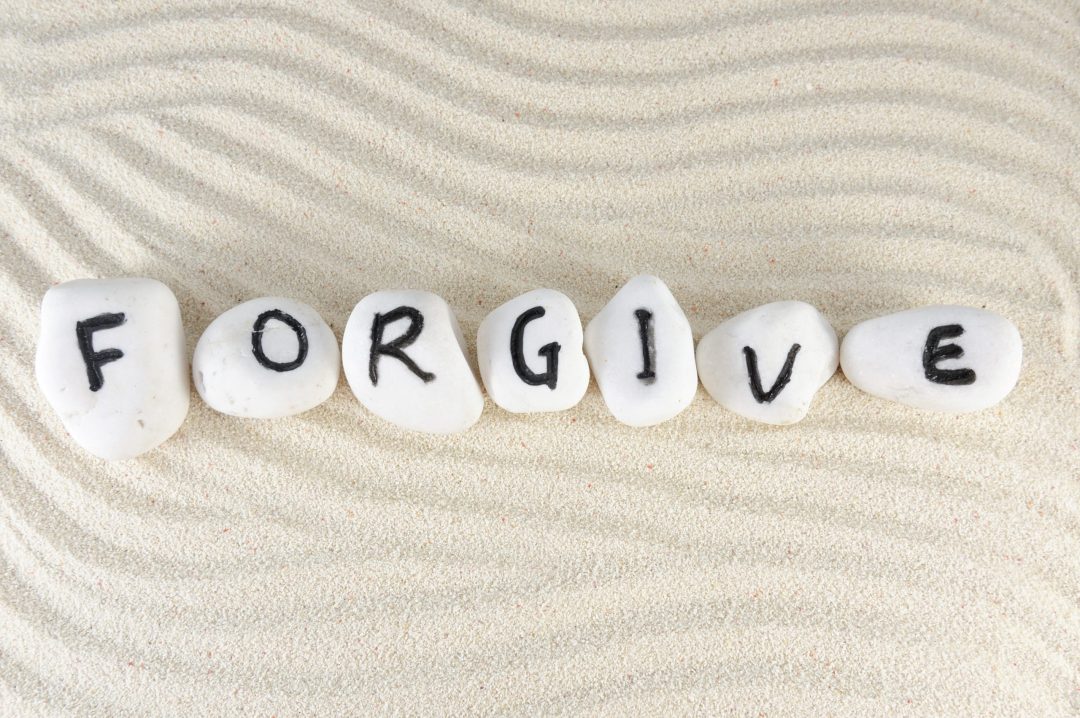Why forgiving is good for mind, body and spirit
In this month's Mind Life Lab Experiment, Martha Roberts tells us why learning to forgive is good for us physically as well as mentally and emotionally

The project
Many of us find it hard to forgive people and move on when we feel we’ve been wronged. But studies show exercising forgiveness can improve both mental and physical health.
The aim
Try forgiving someone you are angry with or bear a grudge towards – experts say it can help you to live a longer, happier life.
The theory
Whether it’s a sibling, parent, partner or friend, we all remember being wronged by someone. For some, it can be even more extreme, such as being a victim of a crime. But experts say that being able to move on from negative feelings, and even forgiving the perpetrator, is beneficial to both physical and mental health. Seeking forgiveness helps, too. And it doesn’t just help the victim; it also helps people close to them.
Professor Loren Toussaint of Luther College, Iowa, has published papers linking forgiveness with higher functioning cardiovascular, hormonal and immune systems, showing those who embrace forgiveness tend to be physically healthier than those who don’t. His ‘Forgive to Live’ study* also showed those who exercise ‘conditional forgiveness’ (forgiving only if the person apologises or makes amends), tend to live shorter lives. Those who forgave unconditionally lived longer.
Try it out
- Decide to forgive. Forgiveness is about freeing yourself so you can get on with your life.
- Visualise how letting go will be good for you. Imagine how your mind will be clearer, your heart healthier and your life more enriched.
- Develop empathy. We can all think of people we may have hurt over the years. Bearing this in mind, think about the person who has hurt you and ask yourself where the behaviour may have come from. If we develop empathy, we can find that forgiving comes more easily.
- Write a letter to the person who hurt you (but don’t send it). End the letter on a positive note, telling them you’re choosing to let go and move on with your life and wish them well with theirs.
- Take positive action. Maybe you haven’t been able to do something because you’ve been holding on to the past, but now that you’ve decided to forgive, maybe you’ll be free to do it.
MARTHA ROBERTS is an award-winning UK health writer and mental health blogger at mentalhealthwise.com








